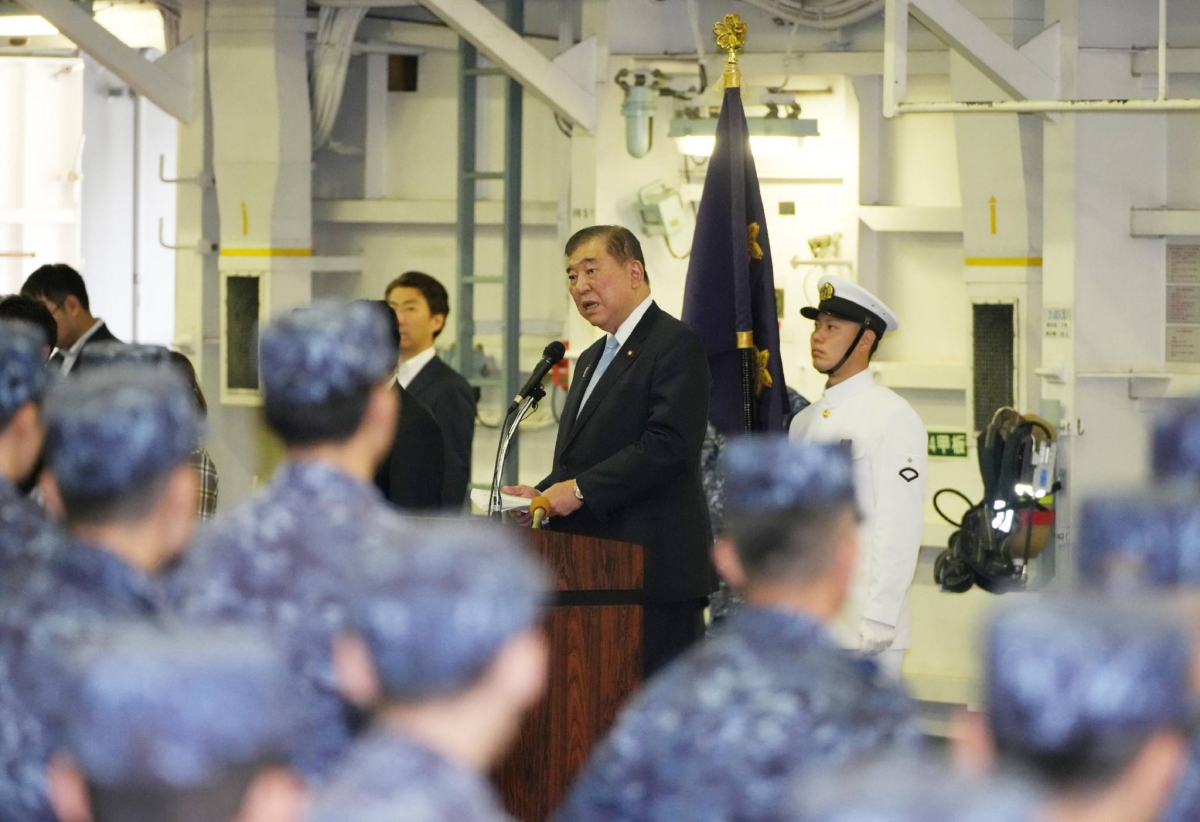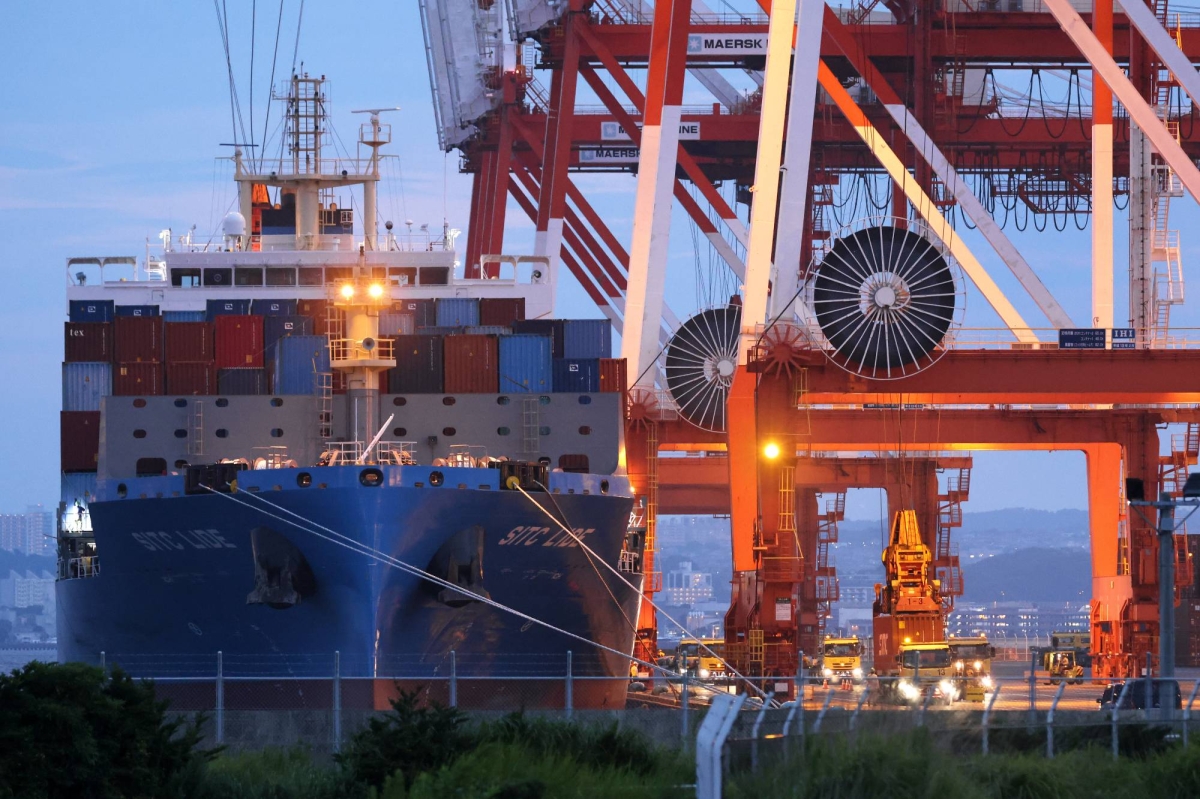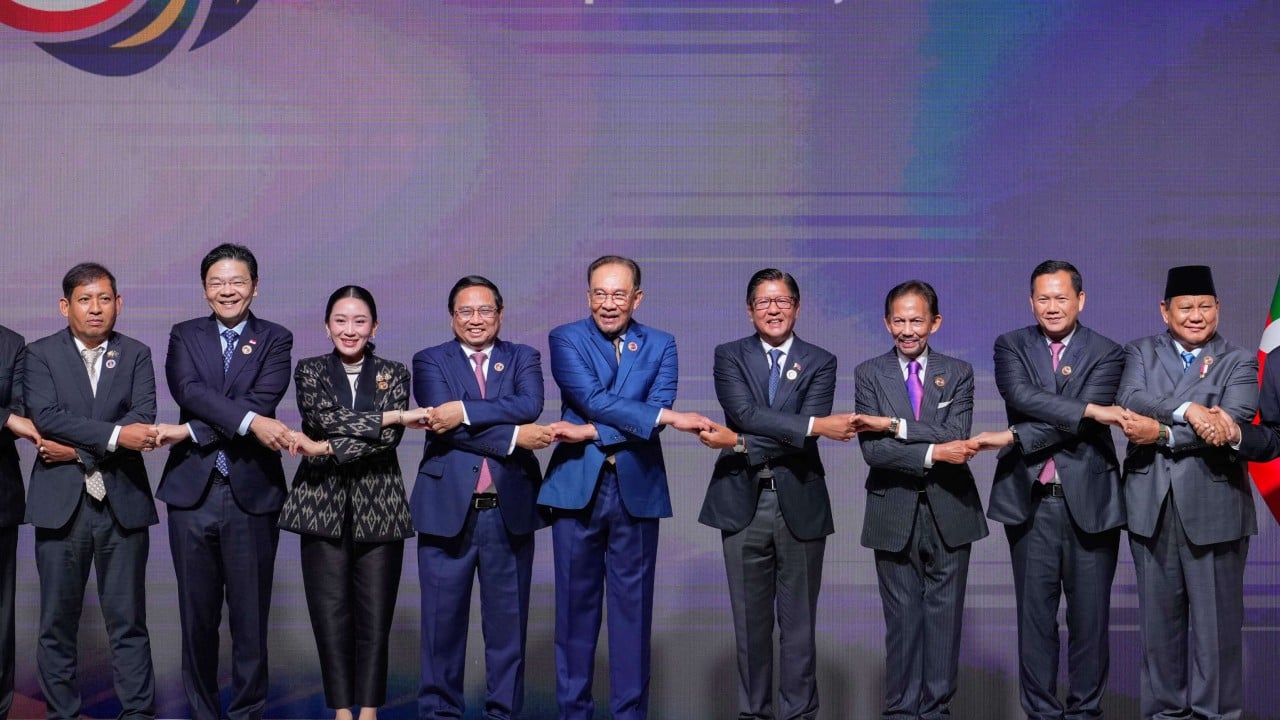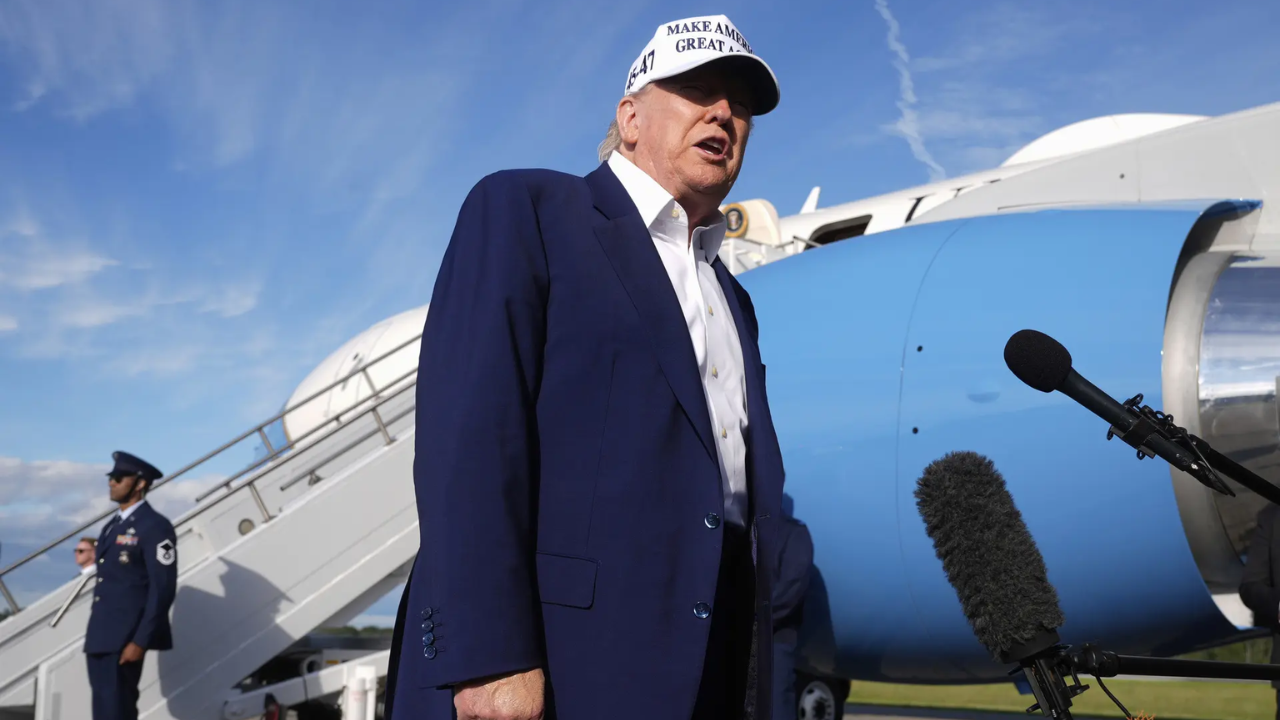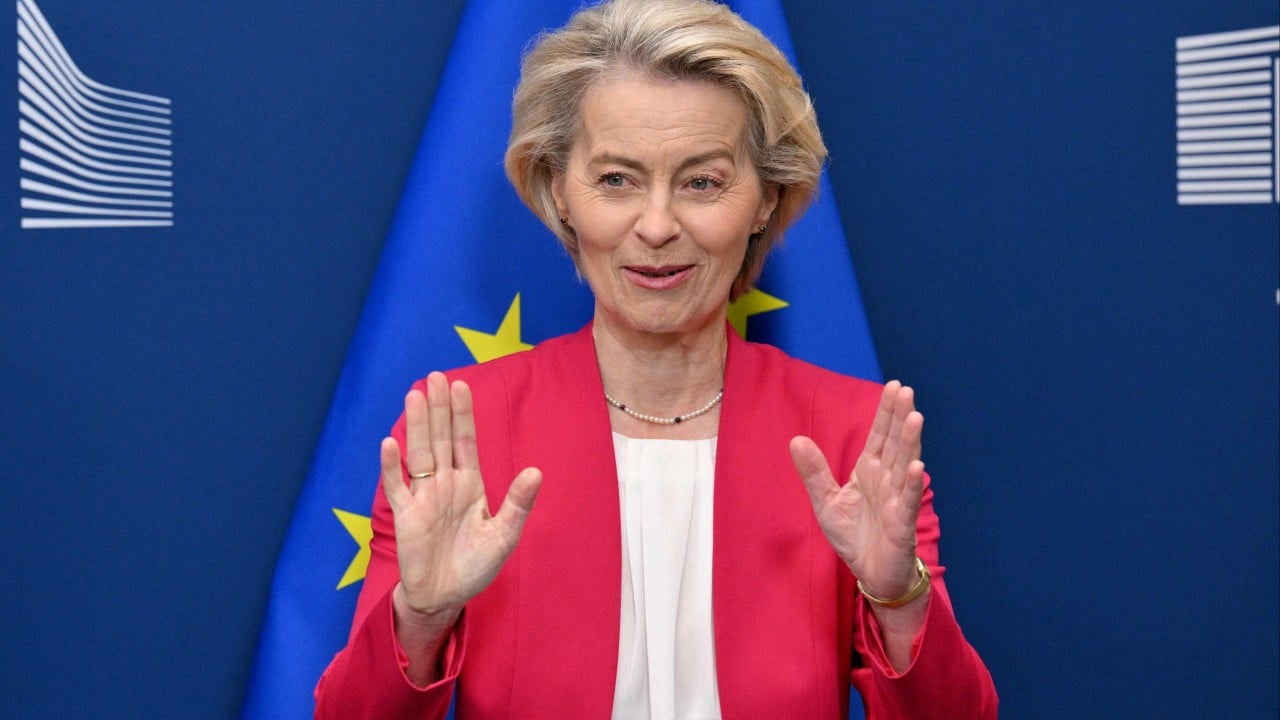Japan showcases its shipbuilding and LNG expertise amid global trade tensions, as Asean leaders gather with US tariffs and trade concerns dominating discussions.
Why World Pulse Now?
Global Coverage
All major sources, one page
Emotional Lens
Feel the mood behind headlines
Trending Topics
Know what’s trending, globally
Read Less, Know More
Get summaries. Save time
Live Stats
4,719
64
211
an hour ago
Mobile App
Get instant summaries, explore trending stories, and dive deeper into the headlines — all in one sleek, noise-free mobile experience.
Stay in the Loop
Get the latest news and insights delivered straight to your inbox
Why World Pulse Now?
Global Coverage
All major sources, one page
Emotional Lens
Feel the mood behind headlines
Trending Topics
Know what’s trending, globally
Read Less, Know More
Get summaries. Save time
Live Stats
4,719
64
211
an hour ago
Mobile App
Get instant summaries, explore trending stories, and dive deeper into the headlines — all in one sleek, noise-free mobile experience.
Stay in the Loop
Get the latest news and insights delivered straight to your inbox
